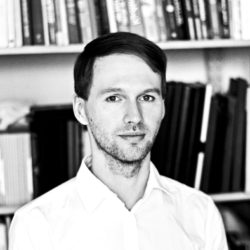In recent years, citizen participation has become an important issue for municipalities. Several forms of citizen participation are possible to involve citizens in political-administrative decisions (e.g., noise-action planning or participatory budgeting). For this purpose, some municipalities increasingly use the internet.
So far, there has been no overview of how many municipalities use the internet for which kind of participation processes. In 2015 the NRW-Fortschrittskolleg “Online-Participation” has taken on this task. Based on a survey of municipalities and counties in North Rhine-Westfalia (NRW), a database of all Internet-based participation procedures of the last ten years has been set up.
The information collected in the survey is being presented in an interactive participation map and can be found here: www.monitor-online-partizipation.de (in German). The data can be retrieved for each individual municipality under an open license. Further information about the project can be found on the project website.
Monitor Online Participation 2.0
After the successful first survey in 2015/2016, the study will be continued in 2019. The “DIID Monitor Online Participation 2.0” has set itself the task of updating the data from the initial survey in order to indicate constancy and change as well as making new fields of research accessible.
Materials:
A pdf version of the online questionnaire can be found here.
Contact:
If you would like to know more about our project or if you have any questions, please contact us at beteiligung@hhu.de or by phone at 0211/81-12204 (Dr. Bastian Rottinghaus, office hours Mon – Fri: 8:00 am – 5:30 pm).
Contact
Dr. Bastian Rottinghaus
Alumni, Sociology

Bastian Rottinghaus worked as a research assistant at DIID between October 2016 and December 2019. Previously, he studied Social Sciences (B.A. and M.A.) at the HHU-Düsseldorf. From 2010 on, he was initially employed as a research assistant at the Chair of Sociology II at HHU-Düsseldorf. His dissertation, submitted in 2015, focused on the empirical measurement of aspects of political competence and their effects on political participatory action. His work at DIID focused on collaborating on a comprehensive research project on the effects and influencing factors of municipal online participation in a comparative perspective and, in a follow-up project, on the continuation of the DIID Monitor.
In his current position at the DJI in Halle, he is involved as a researcher in the evaluation of the federal program “Demokratie leben!


